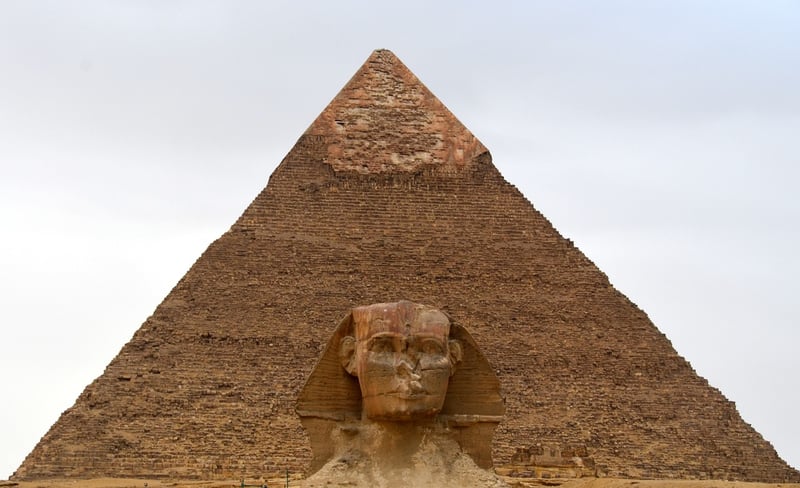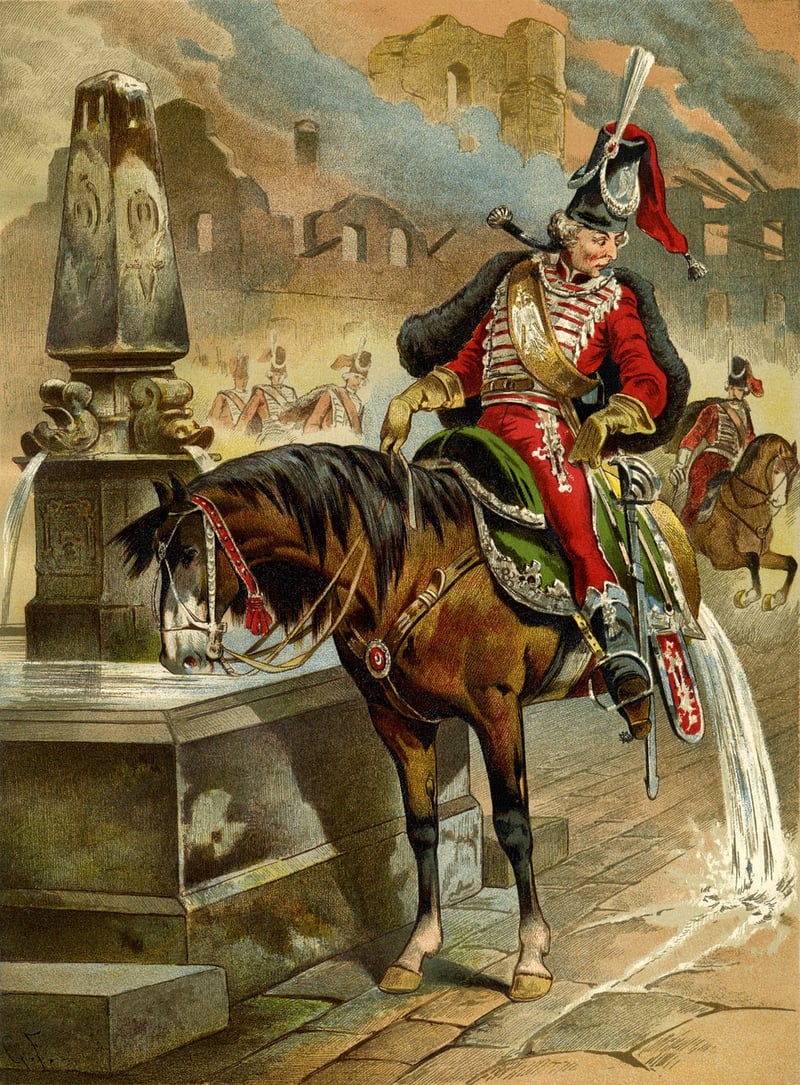Mysterious Paradoxes
The Intriguing World of Perplexing Enigmas and Mysterious Paradoxes
Welcome to the realm of perplexing enigmas and mysterious paradoxes, where reality bends, and logic twists into mind-bending puzzles that challenge our understanding of the world. From ancient riddles to modern conundrums, these mysteries have captivated curious minds for centuries, leaving us in awe of the unknown.
The Enigma of the Sphinx

One of the most famous enigmas of all time is the riddle of the Sphinx from Greek mythology. The Sphinx posed a question to all travelers who passed by, "What walks on four legs in the morning, two legs at noon, and three legs in the evening?" This riddle stumped many until Oedipus correctly answered that it was a human, who crawls as a baby, walks on two legs as an adult, and uses a cane in old age.
The Grandfather Paradox

Time travel has always been a subject of fascination and the Grandfather Paradox is a classic example. It questions what would happen if a time traveler went back in time and prevented their grandparents from meeting, thus preventing their own birth. This paradox highlights the complexities and contradictions that arise from the concept of time manipulation.
The Liar Paradox

The Liar Paradox is a self-referential statement that creates a logical conundrum. The classic example is the sentence: "This statement is false." If the statement is true, then it must be false, but if it is false, then it must be true. This paradox challenges the foundations of logic and truth.
Unlocking the Mysteries
While these enigmas and paradoxes may seem confounding, they serve as intellectual exercises that push the boundaries of our cognition. Exploring these puzzles not only sharpens our reasoning skills but also sparks creativity and curiosity.
So, embrace the mystery, delve into the unknown, and unravel the secrets of perplexing enigmas and mysterious paradoxes that continue to intrigue and inspire us.
Remember, the journey of discovery is often more rewarding than the destination itself.
